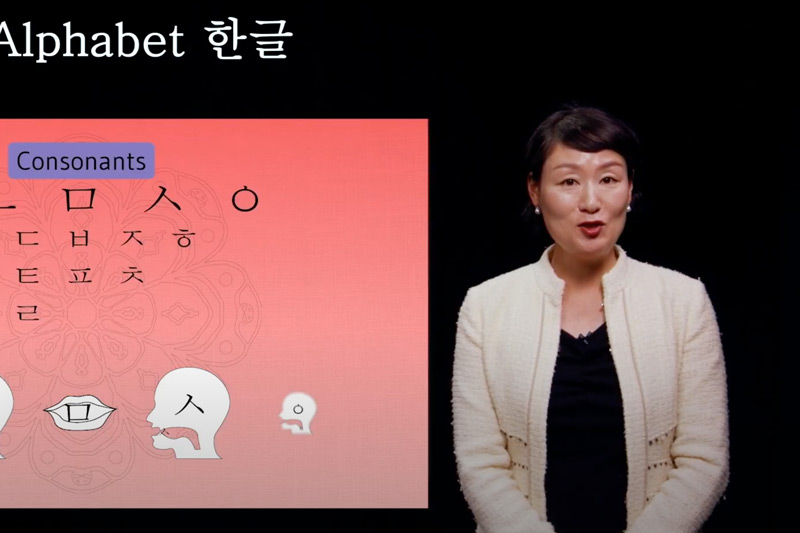
The changes in higher education precipitated by the COVID-19 pandemic have reignited questions and misconceptions about online education. This is a time that we should draw on the insights and experience of online faculty. At Oregon State University (OSU) we have a significant number of faculty who have been teaching online for over a decade. In the 2018-2019 academic year, the Ecampus Research Unit interviewed 33 OSU instructors who had taught online for 10 years or more. In a series of interviews, the instructors were asked to reflect on their experiences as an online educator and how their perspectives have changed over time. More information about the broader study can be found on the study website. The final question asked of the instructors was, “What do you think is the future of online learning?” We conducted a qualitative analysis of their responses to this question. The findings were recently published in the Online Journal of Distance Learning Administration. Below, we discuss some of the key findings from this analysis.
Key finding #1: Online and blended learning will continue to grow
Two-thirds (22) of the instructors expected online learning to expand as higher education moves toward increased access and accessibility, and as employers show increased expectations of continuing education. They acknowledged that online learning would continue to be the choice of adult learners as they balance work and life responsibilities.
Key finding #2: Online learning will increase access and accessibility
More than half (18) of the instructors predicted that online learning would increase access to education. These instructors discussed how online learning increases accessibility because online courses can be taken anywhere (location flexibility) and online courses can be accessed anytime (time flexibility). While these instructors were interviewed before the COVID-19 pandemic, their responses are now particularly timely and relevant, as the pandemic shifted higher education’s focus to remote and online teaching.
Key finding #3: Will online learning replace brick and mortar institutions?
One third (11) of the instructors discussed the possibility that online learning may grow to become the primary modality used in higher education, replacing face-to-face learning. However, 13 instructors indicated that they did not think the face-to-face learning should be eliminated in the future. Many of these instructors hoped that online education could provide more options for students rather than replacing brick and mortar institutions.
Key finding #4: Technology development will increase
Nearly 40% of the instructors (13) discussed the role of technology development in the future of online education. Acknowledging that the development of technology has already made teaching online easier and more effective, many optimistically predicted this would continue to improve the teaching and learning experience. Others were more pessimistic about technology replacing elements like face-to-face communication.
Overall, instructors’ ideas of the future aligned with some themes in the broader field of higher education, such as diversity, opportunity, and access. These key findings have implications for the professional development of online instructors. As more faculty transition to online teaching, it is important that they be well prepared for the online learning landscape. As the population of students in online education continues to evolve, it is also important that instructors understand the diversity of their students and the needs of adult learners. As technology is rapidly changing, timely and accessible training that can be used across multiple modalities is needed for future faculty development. Enhancing instructors’ pedagogy and technology skills across a range of modalities will enhance the educational experience for online learners around the globe.

